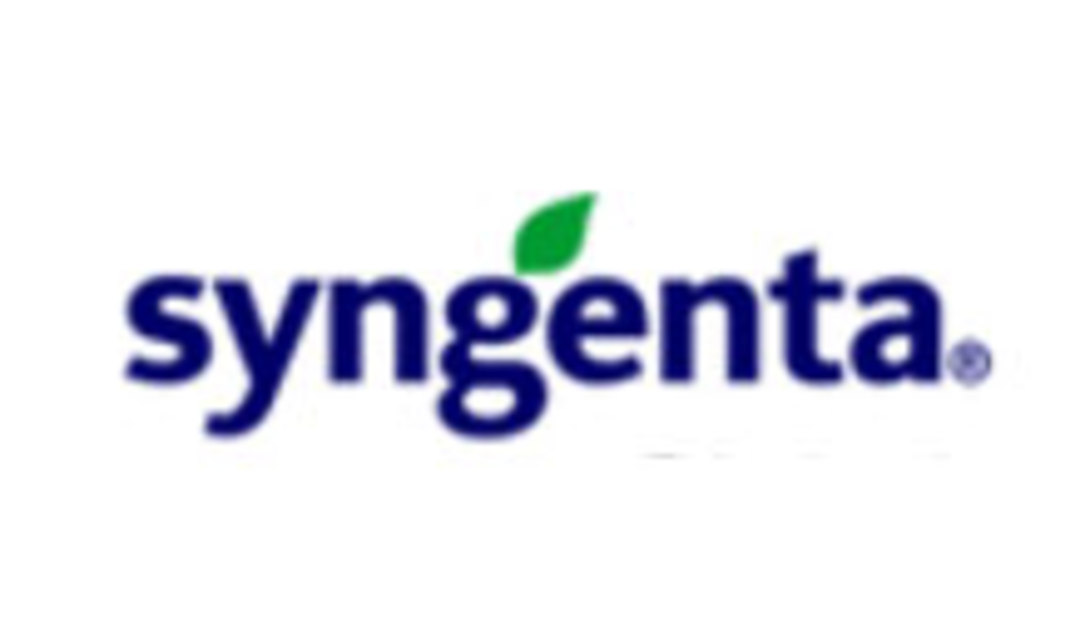Penn State publishes research showing increased feed efficiency with unique corn silage |
|
|
Help increase the feed value of silage in a ration by switching to Enogen® Feed corn hybridsThis item has been supplied by a forage marketer and has not been edited, verified or endorsed by Hay & Forage Grower. Dairy producers seeking an increase in feed efficiency may find it in Enogen® Feed corn, according to recently published research from Penn State University. An in-seed innovation available from Syngenta Seeds, Enogen corn enzyme technology converts starch to usable sugars more quickly than other corn. The research, which compared Enogen Feed corn silage to non-Enogen corn silage, found a 4% increase in ECM feed efficiency (6% increase uncorrected) with the Enogen Feed corn silage – with no negative effect on rumen fermentation.1 These results directly point to the impact of the in-seed alpha amylase technology of Enogen corn in increasing starch utilization and feed efficiency in dairy cattle," said Duane Martin, Ph.D., head of marketing for Enogen, Syngenta. "Because dairy producers operate on such tight margins, they are always looking for ways to increase those boundaries and gain a competitive advantage. For these producers, a 4-6% increase in feed efficiency is highly significant," said Martin. "That's why we're so excited about the results from this study. The efficiency gain reported in the trial shows just how valuable Enogen Feed can be for maximizing profit potential." The Penn State research builds on past university studies that have found that Enogen Feed corn fed as grain or silage can potentially increase feed efficiency by about 5% compared to corn without the Enogen trait.2 Enogen Feed corn hybrids also stand and yield with the best elite corn hybrids, helping dairy producers gain efficiencies in the field as well as in dairy operations.3 "Our goal is to help dairy producers who grow silage maximize their return on investment potential," said Martin. "Enogen Feed corn has been shown to provide excellent yield potential, performing equal to or better than non-Enogen hybrids. Combine that with the increased feed efficiency, and dairy farmers have an excellent opportunity to lower feed costs and gain an advantage in the market."4 The Penn State research was conducted by Dr. Alex Hristov of the university's Department of Animal Science alongside graduate research assistant Sergio Welchez. Results were initially shared at the 2019 American Dairy Science Association Northeast Branch meeting. Enogen Feed corn hybrids are available from local, independent Golden Harvest® Seed Advisors and NK® retailers in select geographies.5 The development of Enogen Feed corn stems from a Syngenta commitment to accelerate innovation and address the increasing challenges for farmers and the changing views of society. Syngenta is continuously investing and innovating for even more sustainable agriculture. For more information, contact a local Golden Harvest Seed Advisor or NK retailer, or visit www.EnogenFeed.com. Join the conversation online – connect with Syngenta at Syngenta-us.com/social. 1 Welchez*, S. F. C., H. Stefenoni, A. Melgar, C. F. A. Lage, S. E. Räisänen, D. Wasson, M. E. Fetter, and A. N. Hristov. 2020. Effect of high-amylase corn silage on lactational performance and enteric methane emission in dairy cows. J. Dairy Sci. 103 (Suppl. 1): 68. 2 University of Nebraska Lincoln Research Studies, 2013-2017; Kansas State University Research Study, 2017. 3,4 Syngenta production data, 2012-2018. 5 Growers must comply with specific yet simple stewardship requirements. About Syngenta
|
